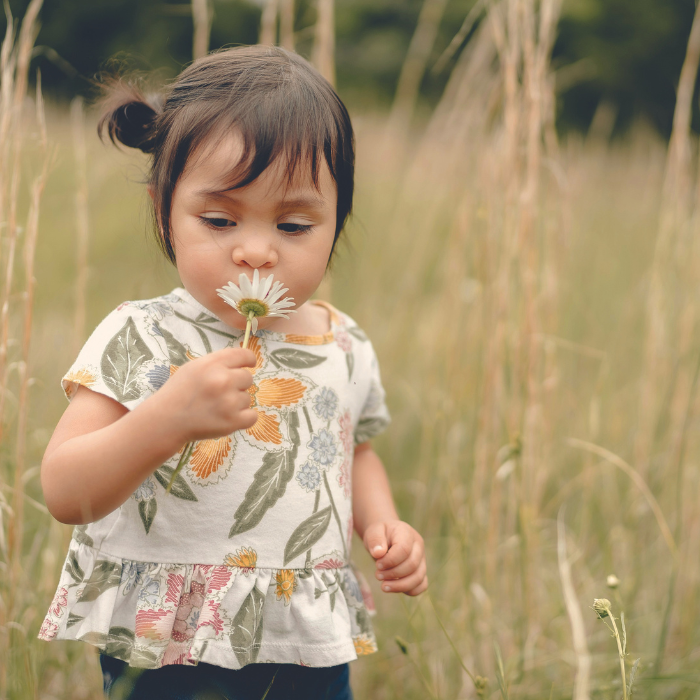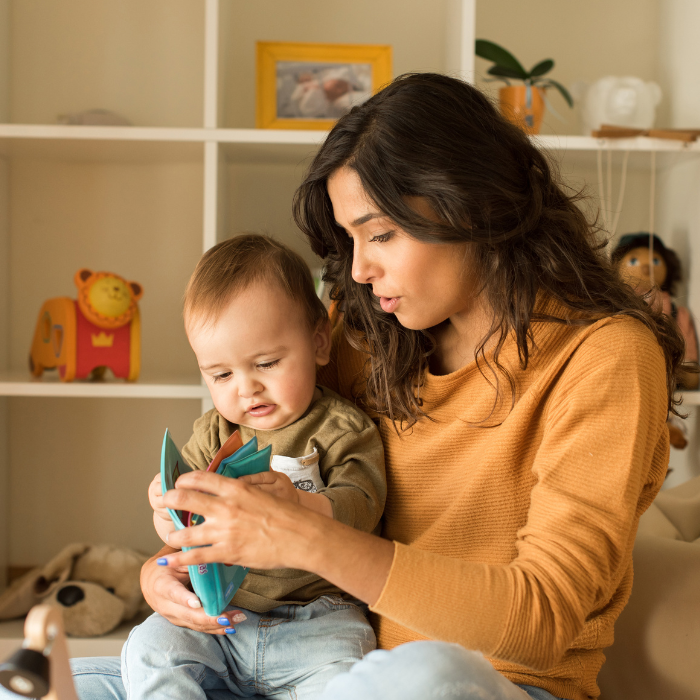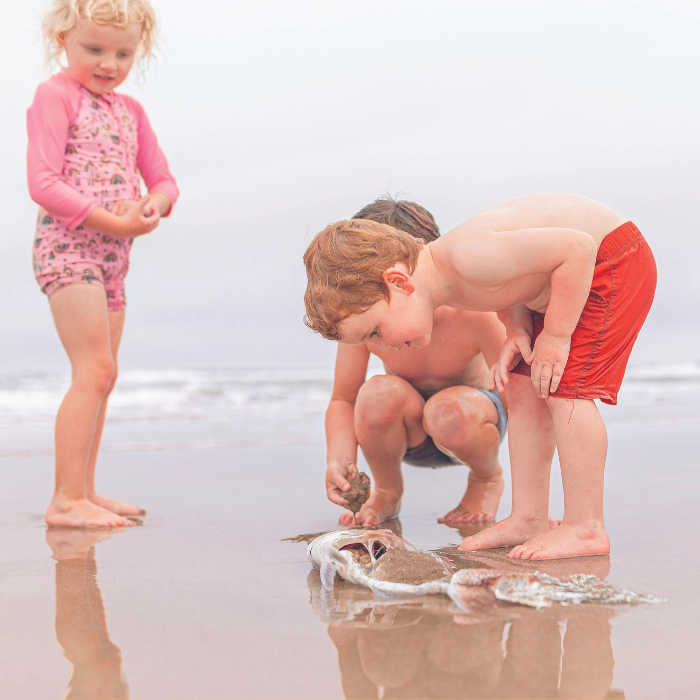
Here’s a look at four different ways you might choose for your child to receive an education.
When it comes to schooling, we Kiwis are lucky to have choices. Ultimately the decision will depend on your family’s situation and values. Look at the schools’ websites, attend open days, talk to other parents, check out ERO reports, and consider the general vibe. Here is a deeper look at four of the most popular options: Public, private, boarding schools, and home-schooling.
Public schools
WHAT WORKS WELL FROM AN EDUCATION PERSPECTIVE?
Referred to as “state schools”, most public schools in New Zealand perform well academically. They follow the national curriculum, which delivers a balanced and multi-faceted education. As students advance to intermediate school and college, they choose from a wide range of subjects to accommodate their individual interests and talents.
WHAT ARE THE HOLISTIC BENEFITS?
While all schools promote an inclusive environment, cultural and socio-economic diversity is most noticeable in public schools. Children have the opportunity to interact with peers from all walks of life, which leads to global awareness and a greater tolerance of different backgrounds. In particular, state schools promote the understanding of Māori traditions, language, and philosophy.
Feeling like you’re part of your neighbourhood is a big advantage of attending your local school. It gives students a sense of belonging, while parents get to know their community by participating in school activities like working bees and fundraisers.
WHAT ARE THE CHALLENGES?
Public schools may have larger classes, with a higher student-to-teacher ratios. This can impact the amount of individual attention students receive, making it more challenging to address any specific learning needs.
Students interested in highly specialised or unique programmes may not be able to find them in a public college, though the school might be able to arrange a correspondence course through Te Kura.
WHAT DO KIDS HAVE TO SAY?
• “It’s good to have mates just down the road. You can just walk or bike to theirs.”
• “I know people who spend two hours a day commuting out of zone. A waste of time.”
• “In a public school. you get to interact with people of different nationalities, different religions, different circumstances to your own. It gives you a much broader perspective of what most people are like, and it prepares you for the real world.”
• “When I go to the local supermarket, it’s full of people I know. It’s Ryan on the trolleys, Wiremu on the till, and my history teacher is there buying his afternoon snack.”
Private schools
WHAT WORKS WELL FROM AN EDUCATION PERSPECTIVE?
Private schools take pride in their reputation for academic excellence. They typically have smaller classes, which allows for more individualised teacher attention. Students have access to laboratories, technology, and other resources that enhance their learning.
In addition, private colleges may offer qualifications other than NCEA, such as Cambridge International Exams, International Baccalaureate, or Accelerated Christian Education programme. They may have strong relationships with overseas universities and can provide guidance to students in their university applications.
WHAT ARE THE HOLISTIC BENEFITS?
Private schools usually have top-notch facilities and extensive extracurricular activities, allowing kids to boost their passions and talents. Character development, leadership, and social responsibility are proficiencies expected in private schools. Students usually forge strong bonds with their peers, creating valuable networks of alumni that can benefit them in the future.
WHAT ARE THE CHALLENGES?
The exclusivity of private schools may be a plus or a minus, depending on your priorities. One significant drawback is the expense: High tuition fees, uniforms, extracurricular activities, pricey field trips. It can also be challenging for some children to have confidence among kids with different financial situations. Also, being at a private school may put extra stress on less academic students, if academic success is the focus of that school.
WHAT DO KIDS HAVE TO SAY?
• “Attending a private school has given me the opportunity to pursue my love of music. The school has an excellent music room and first-class tutors.”
• “I was encouraged to progress faster through my best subjects. This meant that I was never bored in class and could sit my Scholarship papers in Year 12.”
Boarding schools
WHAT WORKS WELL FROM AN EDUCATION PERSPECTIVE?
Boarding schools provide an immersive learning environment. They employ a dedicated team of faculty and staff who are committed to the well-being and academic success of their students, offering round-the-clock support and learning outside of regular school hours. These schools usually follow rigorous academic programmes, with a strong focus on academic excellence. Small class sizes allow for tailored attention and close interaction with teachers.
WHAT ARE THE HOLISTIC BENEFITS?
Boarding schools build a strong sense of community, help develop independence, and encourage a wide range of sports, arts, and leadership opportunities. They often attract entrants from various backgrounds, creating a culturally rich environment. Students acquire essential life skills such as time management, responsibility, and interpersonal skills. They learn to manage their daily routines, navigate peer relationships, and develop self-discipline. Boarding schools often have ties to overseas universities and extensive alumni networks that can provide valuable opportunities.
WHAT ARE THE CHALLENGES?
Boarding school means leaving the comfort and familiarity of home and reinventing yourself in a completely new environment. Some may not be ready to live away from home, or may not feel like they fit in with their group of peers.
WHAT DO KIDS HAVE TO SAY?
• “I like the structured schedule of boarding school. There is always something to do, like touch rugby, pool, table tennis, and games after school with friends. Most important are the close friendships you develop, loyalty, and the strong boarding house spirit. You do get homesick, but you get used to it, and overall it’s fun because you’re always with friends.”
Home-schooling
WHAT WORKS WELL FROM AN EDUCATION PERSPECTIVE?
Parents can pay individualised attention and customise teaching to align with the child’s interests and needs. Home-schooling offers flexibility in scheduling and pace. Students are free to explore their curiosity without the constraints of a standardised curriculum.
WHAT ARE THE HOLISTIC BENEFITS?
The close interaction and shared learning experiences can deepen the family bonds between parents and children, as well as among the siblings. Spending so much time together allows parents to add their values and cultural perspectives into their children’s learning journey.
WHAT ARE THE CHALLENGES?
While home-schooled students have ample time and opportunities for socialising and making friends outside their family unit, it can be a bit trickier to get that same level of exposure as the crash course in human interaction provided by traditional school experiences. It’s also important to note that home-schooling requires time, commitment, and organisation skills from parents.
WHAT DO KIDS HAVE TO SAY?
“Learning at home meant I was able to go at my own pace and be taught one-on-one in a way that just wouldn’t have been possible in a classroom. I really enjoyed the home-schooling social activities. However, I think home-schooling is at its best before high school. I found home-schooling through NCEA to be very challenging. It required a high degree of self-motivation to navigate without the help of experienced teachers.”








